Scientists in Finland have developed a method that can achieve a tenfold increase in pesticide retention on farmed crops.


Scientists in Finland have developed a method that can achieve a tenfold increase in pesticide retention on farmed crops.
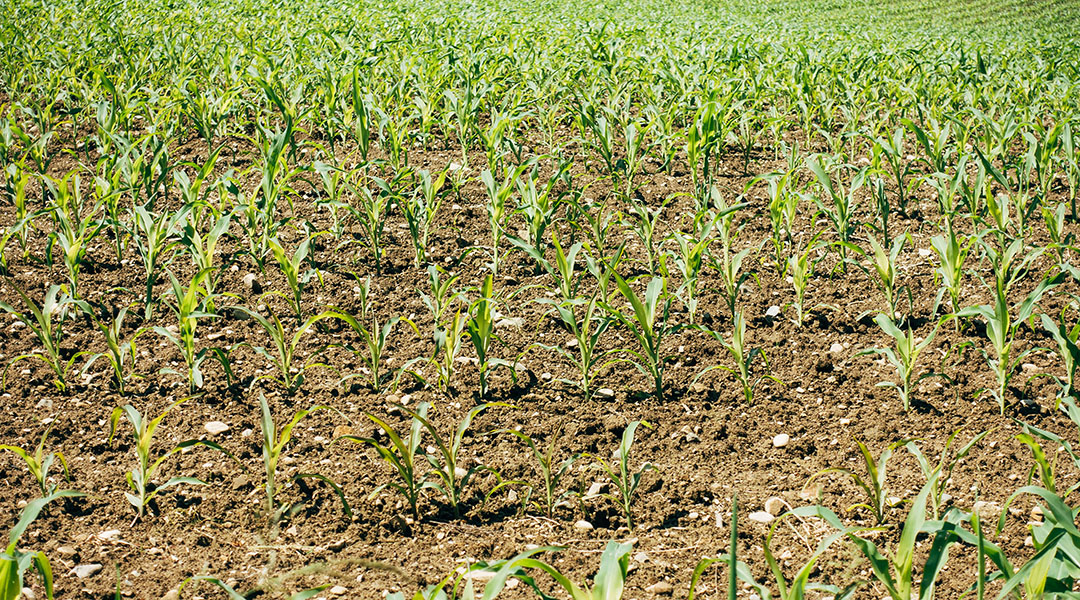
Ammonia fertilizer could be produced underground, using Earth’s natural heat to significantly reduce the industry’s carbon footprint.
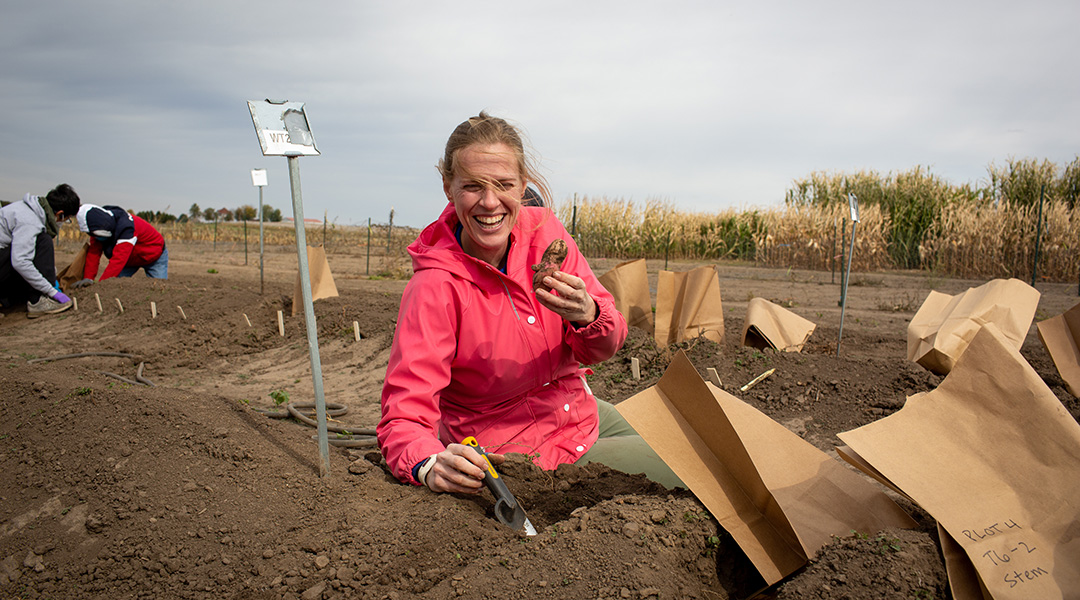
Crops that can withstand rising temperatures could increase global food security amidst the rising threat of climate change.
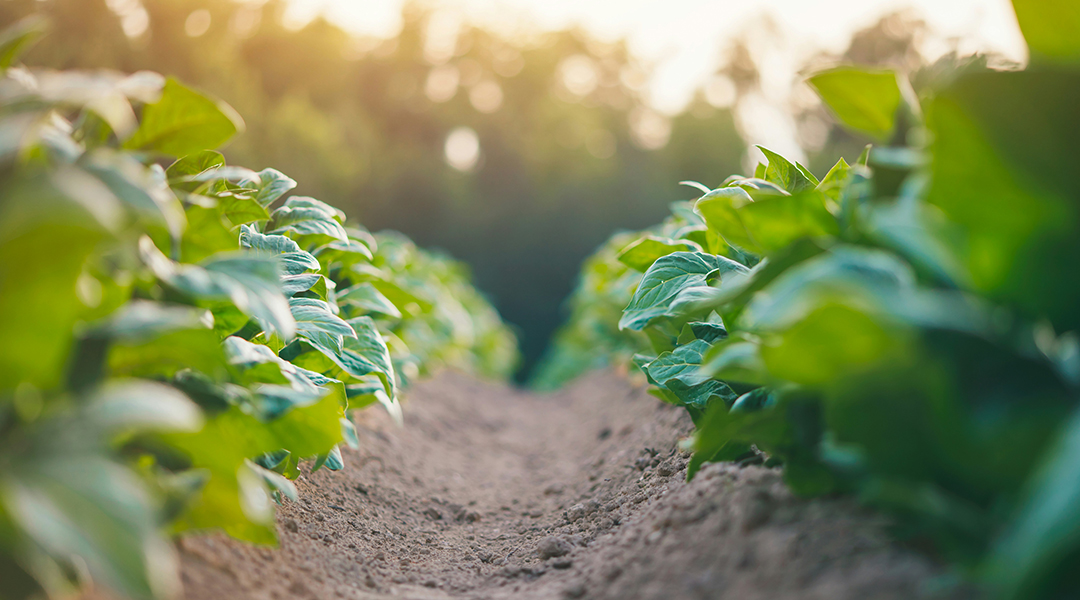
Scientists uncover the role of soil fungi in improving crop yields and balancing complex plant-pollinator interactions.
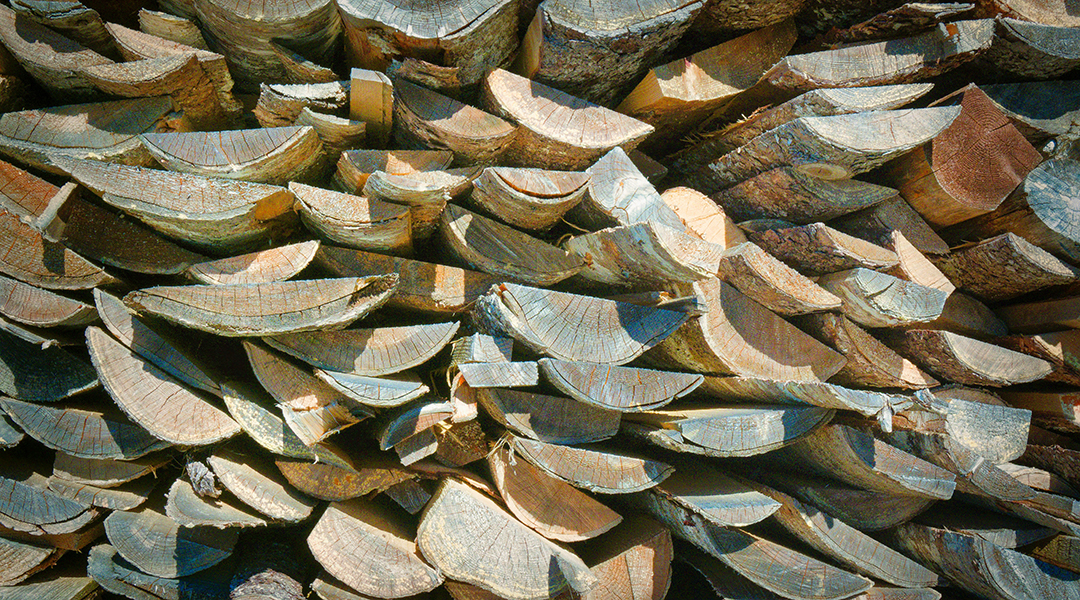
As valuable resources dwindle and environmental risks loom, reducing our dependence on traditional agriculture is becoming necessary.
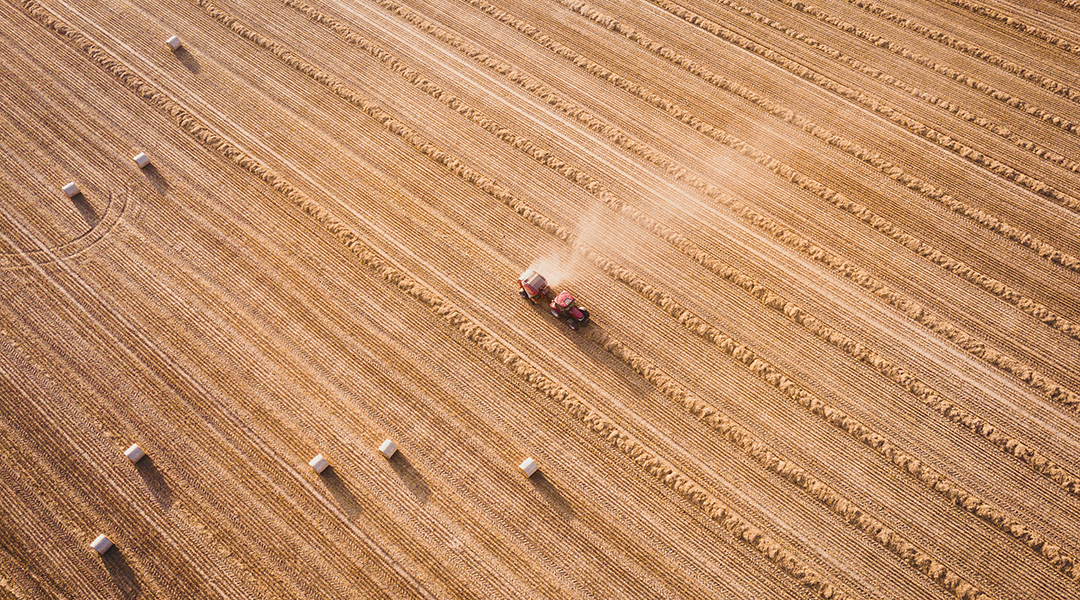
Combining agriculture with solar energy, agrivoltaics offers a promising solution to reduce carbon emissions while boosting food production.
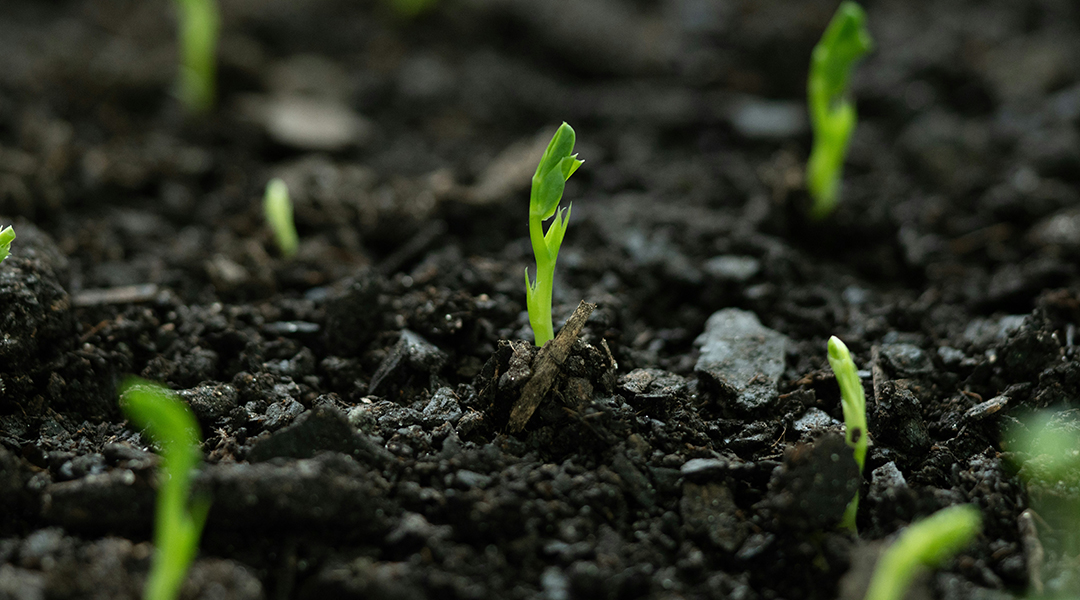
Just like our gut has helpful microbes, so too does the soil around plant roots. But what happens when antibiotics disrupt this balance?
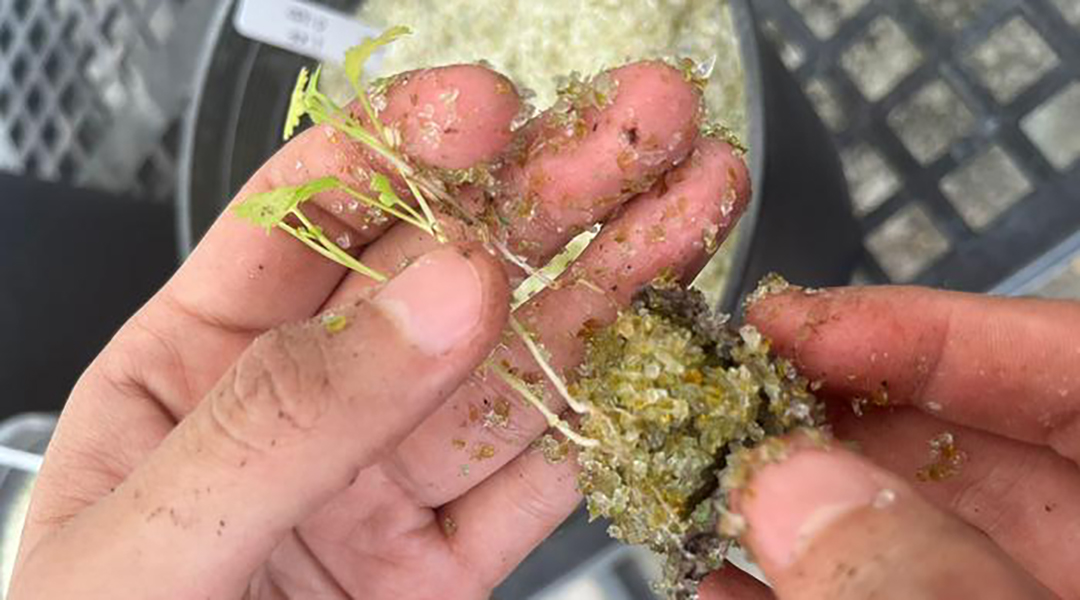
Pilot study explores how recycled glass is being used to grow salsa ingredients, protect coastlines, and safeguard the future of farming.

Using electrochemical sensors, this new device can be used to combat water pollution by detecting heavy metals, like lead.
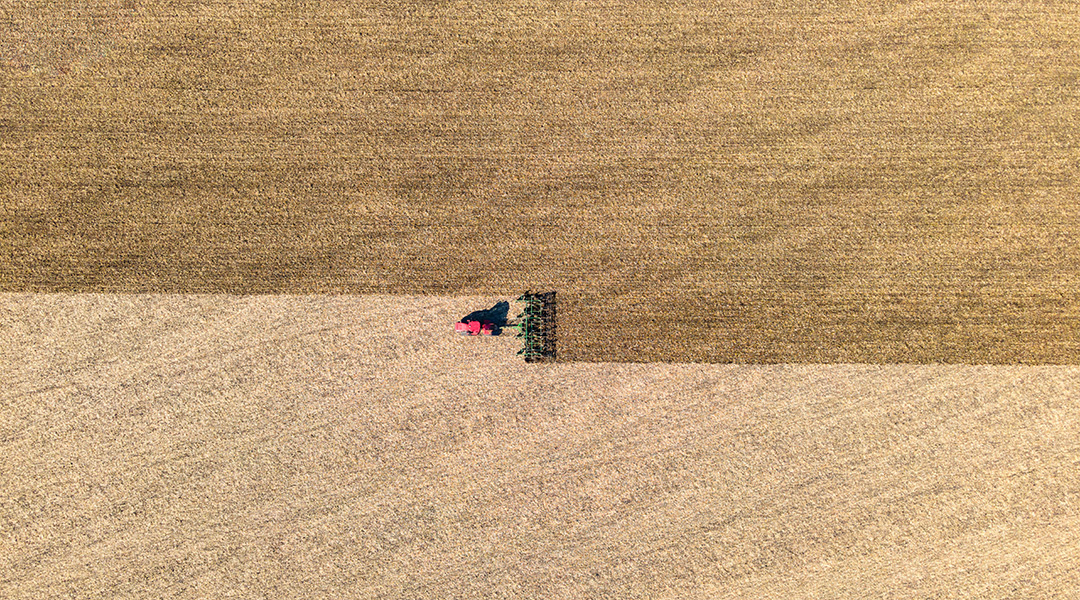
According to researchers, crop yields could suffer considerably in the face of a sudden catastrophe, but we can prepare.